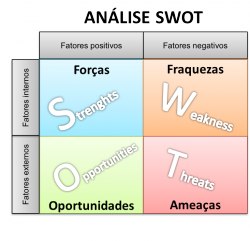The acronym OECD stands for Organization for Economic Cooperation and Development. It is an international organization, made up of 34 countries and headquartered in Paris, France. The OECD aims to promote policies aimed at the economic development and social well-being of people around the world. Combating corruption and tax evasion is part of the OECD agenda, having already achieved optimistic results in some countries.
In 2011, the OECD completed 50 years and one of the work goals is to support government officials in order to recover confidence in the markets and the re-establishment of healthy policies for sustainable economic growth in the future.
Brazil is not an OECD member country, but it has the distinction of full member, with participation in some meetings and full cooperation in dialogues and negotiations on the development of economies worldwide.
OECD history
At its inception in 1947, the OECD was called the Organization for Economic Cooperation (OECE) and was composed only of European countries. It was created for the purpose of executing the Marshall Plan, a financial plan conceived by the United States, for the reconstruction of the countries of Europe devastated after World War II. In 1960 the US and Canada showed interest in joining the organization. With the entry into force of a new convention signed by the associated countries, on September 30, 1961 the OECD was officially born.

